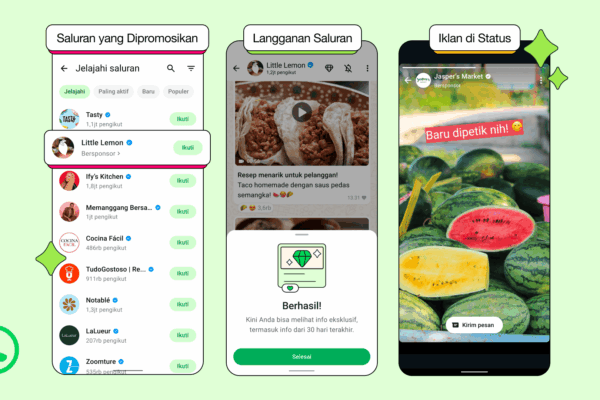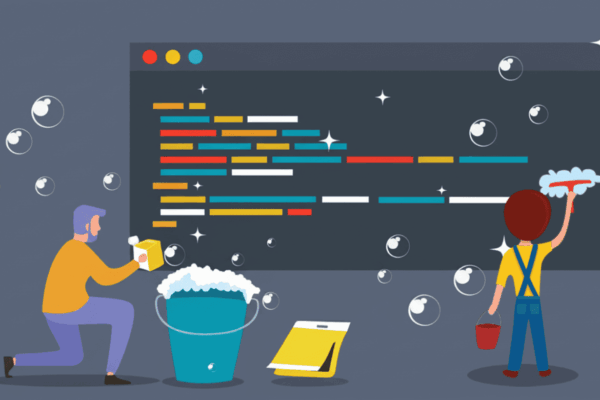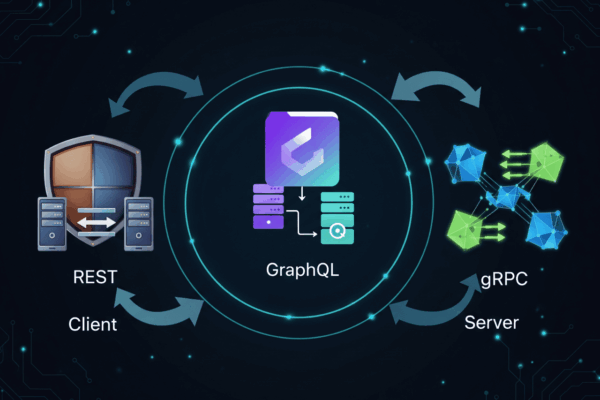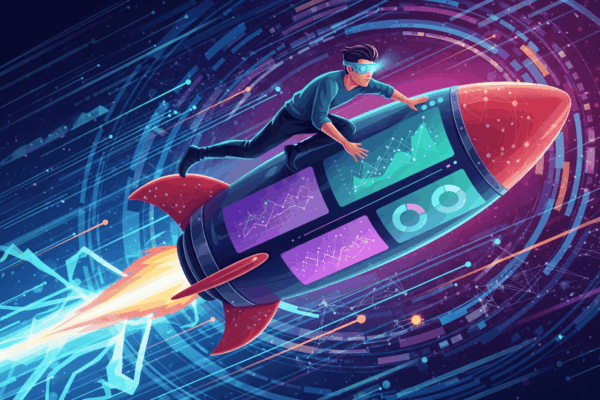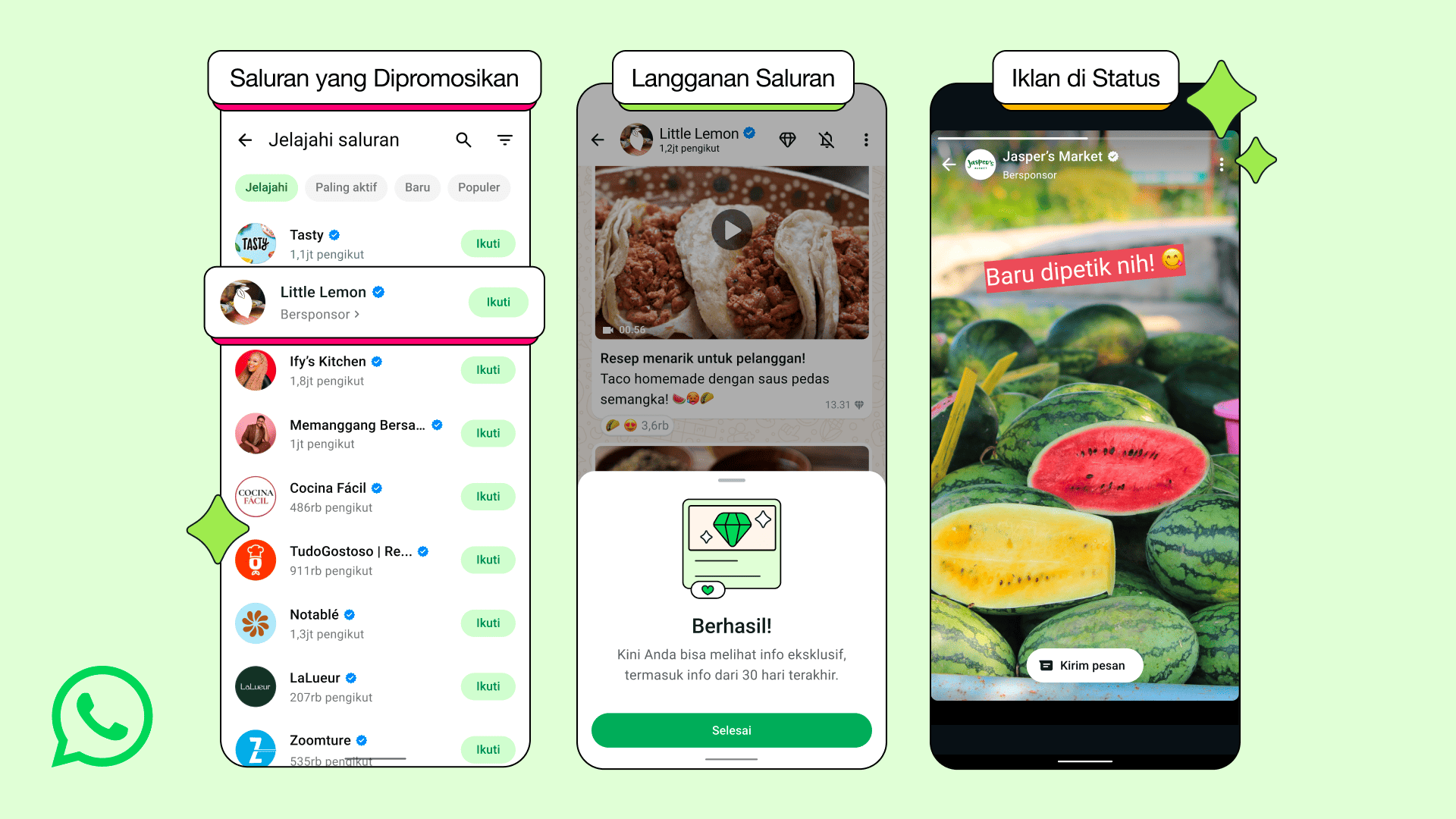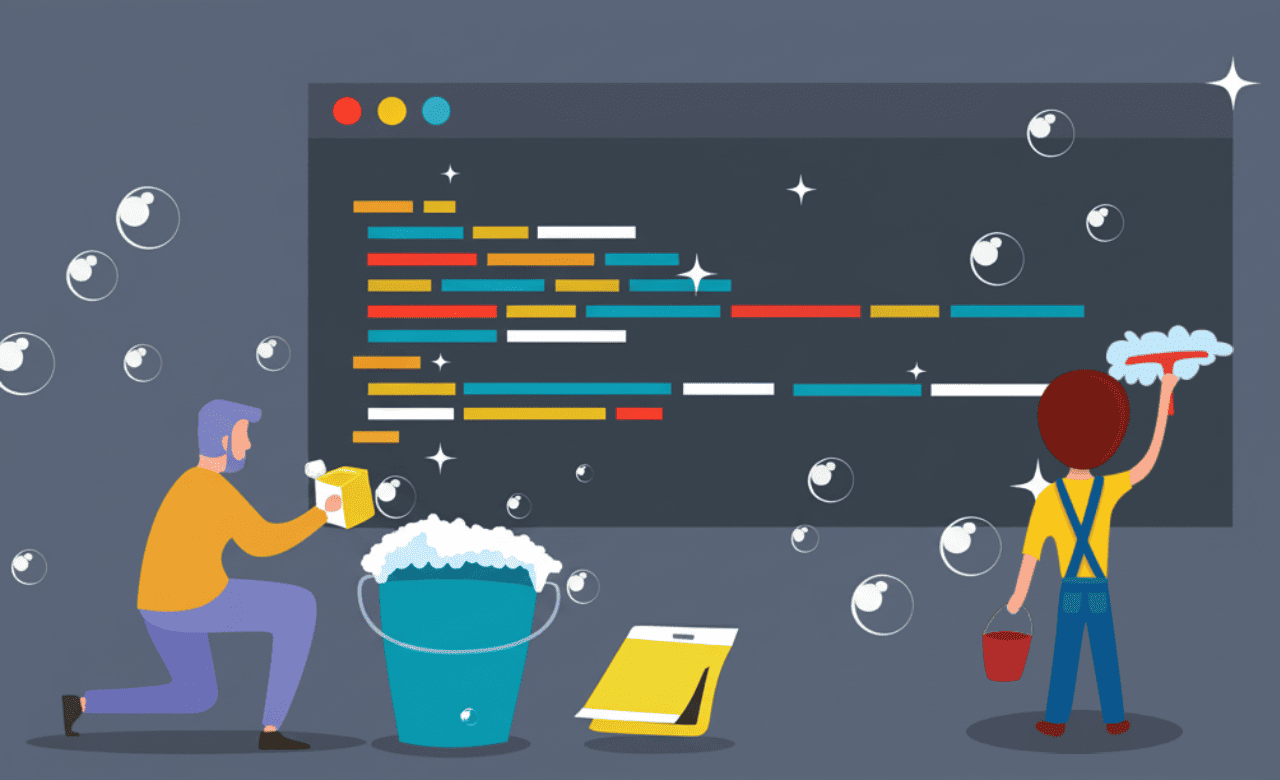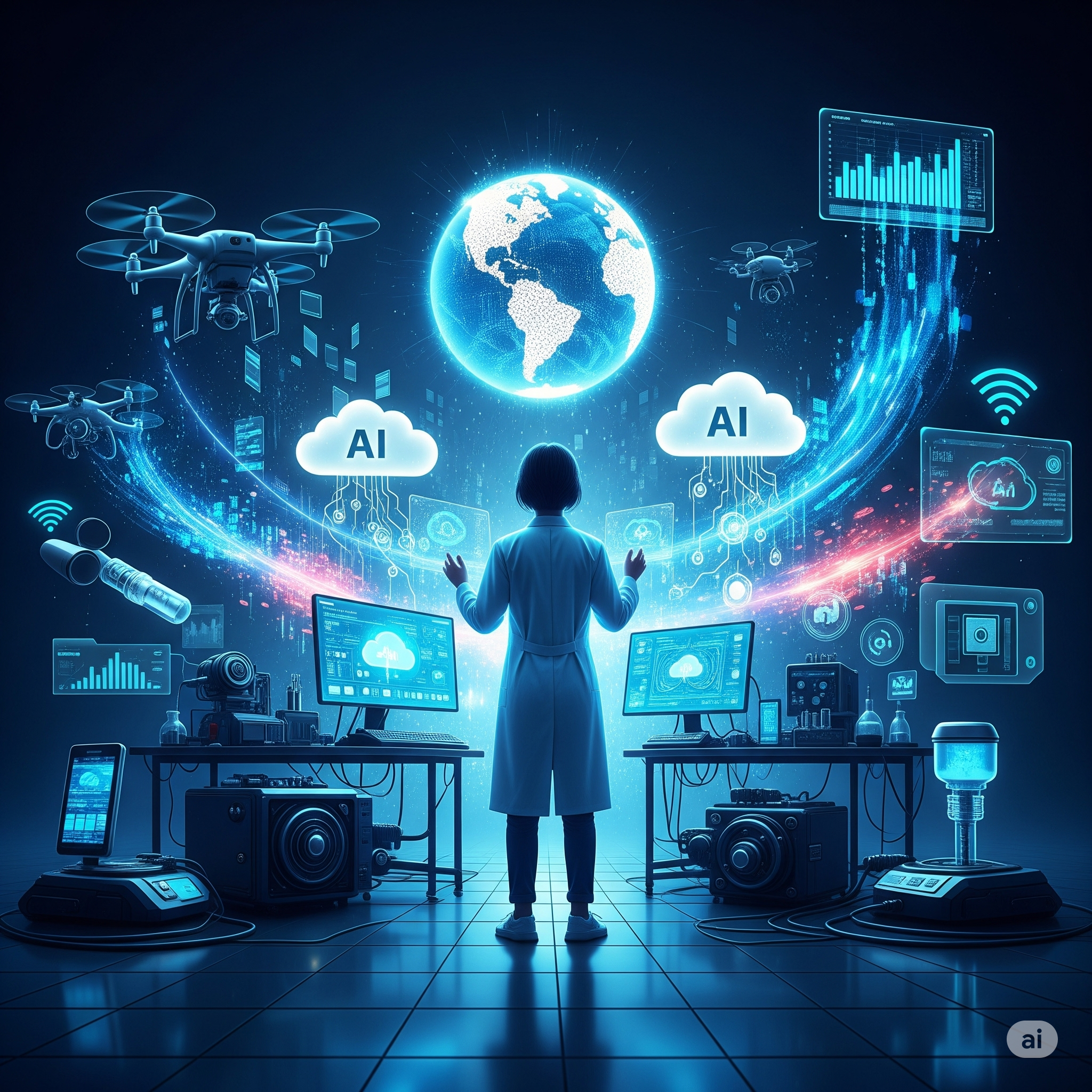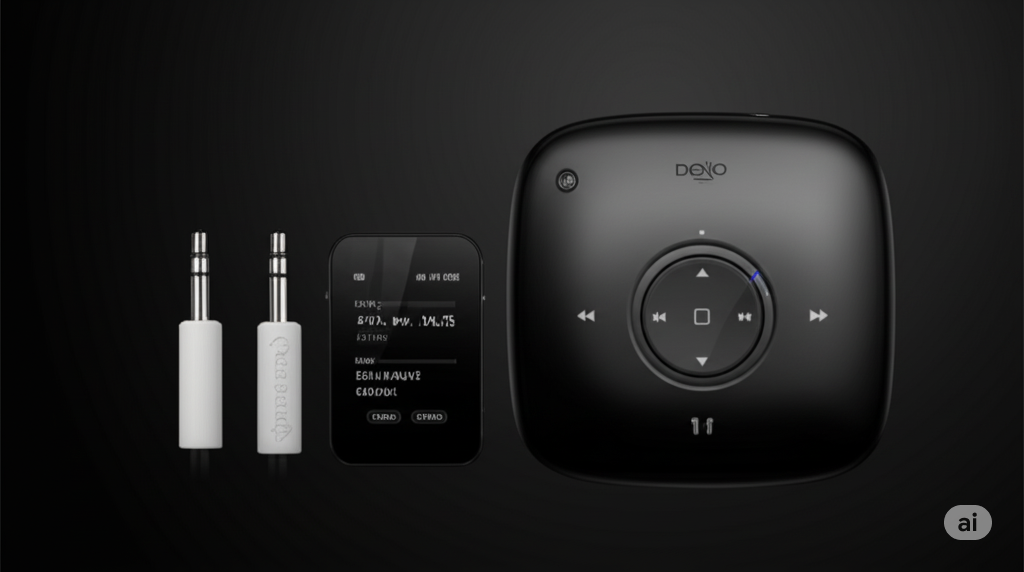Have you ever imagined a world where almost every aspect of our lives is connected and optimized by smart technology? In 2025, that dream is getting closer to reality. Various technological breakthroughs have not only made our daily activities easier, but also opened up endless opportunities for innovation in various sectors. Let’s take a deeper look at some of the most exciting technological developments that are shaping our future.
With today’s massive technological developments, get ready for a Faster Coming Future!
Artificial Intelligence (AI): Smarter, More Personal
Artificial Intelligence continues to be the star of the technology landscape. This year, we have witnessed rapid advances in AI’s ability to understand natural language, process data at scale, and even produce stunning works of art. The application of AI is expanding, from more intuitive virtual assistants, more accurate recommendation systems, to predictive analytics solutions that help businesses make smarter decisions.
- More Advanced Natural Language Processing (NLP): Interactions with machines feel more natural and personal thanks to the ever-evolving NLP.
- Machine Learning (ML) for Personalization: ML algorithms enable apps and services to learn from user data and offer more personalized experiences.
- Generative AI: The ability of AI to generate text, images, and even code opens up new creative opportunities and accelerates the content development process.
Cloud Computing: A Solidifying Digital Foundation
Cloud computing is no longer just a trend, but the fundamental infrastructure for most of the services and applications we use today. The flexibility, scalability, and cost-efficiency offered by the cloud continue to drive its adoption across industries. This year, we saw a greater focus on cloud security, hybrid cloud solutions that combine the benefits of public and private clouds, and innovations in serverless computing that allow developers to focus on code without having to worry about infrastructure management.
Fundamental Infrastructure:
- Enhanced Cloud Security: Cloud service providers continue to invest in security technologies to protect user data from cyber threats.
- Hybrid and Multi-Cloud: Strategies that combine multiple cloud environments provide organizations with greater flexibility and resilience.
- Serverless Computing: An application development paradigm that eliminates the need to manage servers, enabling developers to be more productive.
Internet of Things (IoT): The More Connected, the Smarter
The Internet of Things (IoT) ecosystem continues to grow rapidly, connecting more and more physical devices to the internet. From smart homes and wearables to industrial sensors and city infrastructure, IoT generates vast amounts of data that can be analyzed to gain valuable insights and optimize processes. This year’s focus is on improving the security of IoT devices, interoperability across platforms, and leveraging IoT data to create smarter, more efficient solutions.
Key factors in IoT:
- IoT Security: Efforts to address security vulnerabilities in IoT devices are intensifying to protect data and prevent cyberattacks.
- Interoperability: Standards and protocols that allow IoT devices from different manufacturers to communicate with each other are becoming increasingly important.
- Edge Computing: Processing data close to its source (IoT device) reduces latency and increases the responsiveness of IoT applications.
Technological Breakthroughs Across Sectors
The wave of digitalization continues to spread across industry sectors, changing the way businesses operate and deliver services to customers. Digital transformation is no longer an option, but a necessity for organizations that want to stay competitive in the modern era. From adopting cloud and AI technologies, to leveraging data analytics and automation, digitalization helps improve efficiency, innovation, and customer experience.
Sectors in dire need of digitalization:
- Healthcare Technology (Healthtech): Technology is playing an increasingly important role in improving the quality of healthcare services, from telemedicine to wearable devices for remote health monitoring.
- Business Digital Transformation: Companies of all sizes are adopting digital technologies to optimize operations, reach new customers, and create innovative business models.
- Financial Technology (Fintech): Innovations in digital financial services continue to change the way we transact, save, and invest.

